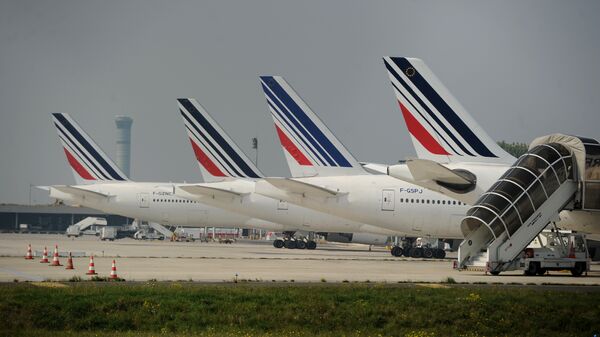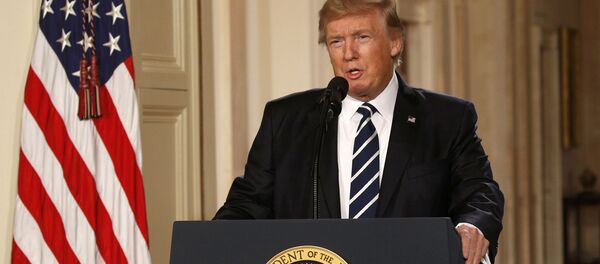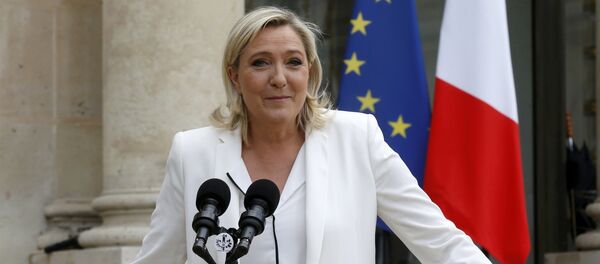Last week the US President signed an executive order temporarily suspending immigration from seven predominantly Muslim countries: Iraq, Iran, Somalia, Sudan, Syria, Libya and Yemen. The order also suspends the entry of Syrian refugees into the country and halts all refugee resettlement in the US for 120 days, as the administration reviews the vetting process.
The International Air Transport Association (IATA) said in a statement regarding the order that the way the implementation — without prior coordination or warning — is causing confusion among airlines and travelers. The association's members complained that they have struggled to put into practice unclear requirements, faced implementation costs, and were concerned about potential fines for non-compliance.
On Tuesday, the CGT said Air France employees were within their rights to decline to work on US-bound flights in support of passengers "of all religions and nationalities."
The CGT referred to Trump's measures as "discriminatory and racist."
"To inform and forewarn our passengers of the measures taken by the US Government is one thing, but to refuse them boarding on our planes is another thing that CGT, Air France and its staff cannot tolerate," the union said, cited by The Independent.
"We invite all staff that are offended by these anti-humanist practices to refuse to work on US-bound flights under these conditions."
Meanwhile, some analysts suggest that the measure is not a "Muslim ban" as there is nothing unusual about countries tightening visa entry rules or barring entry from particular states or conflict zones.




